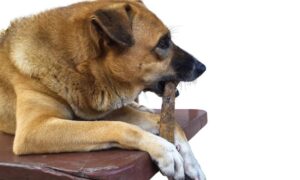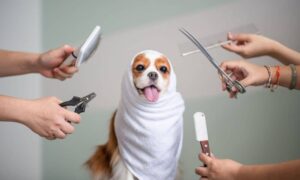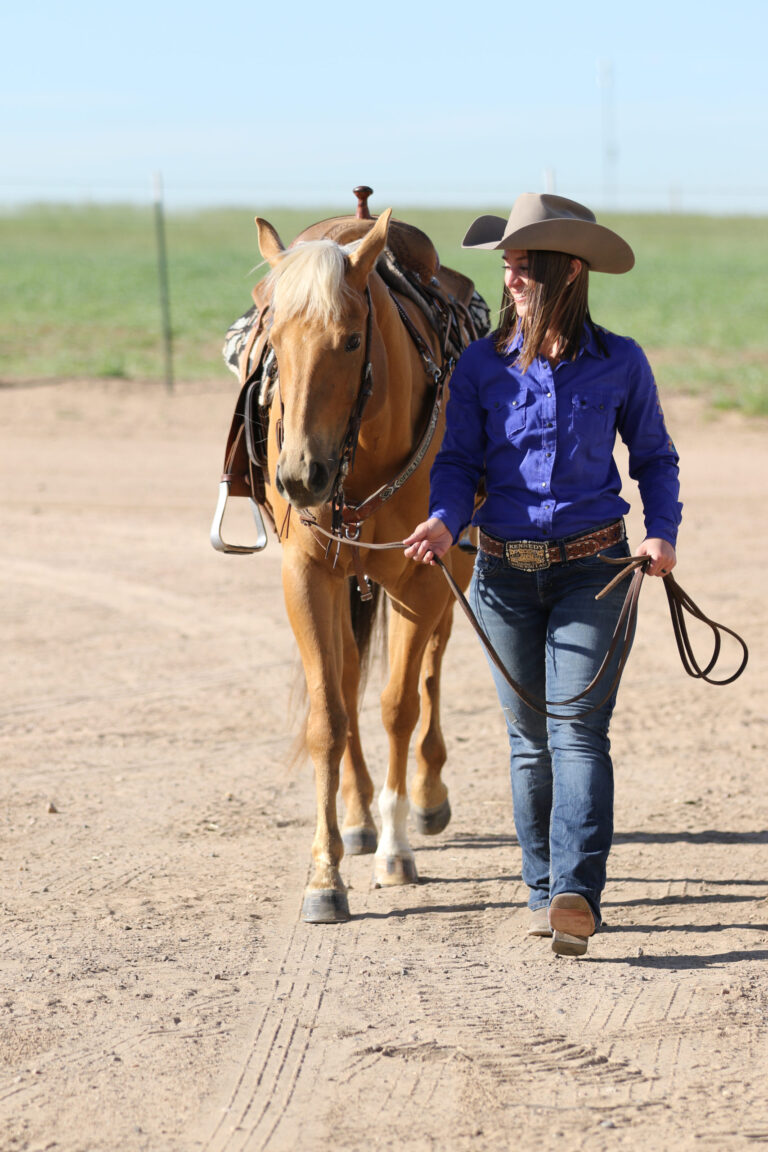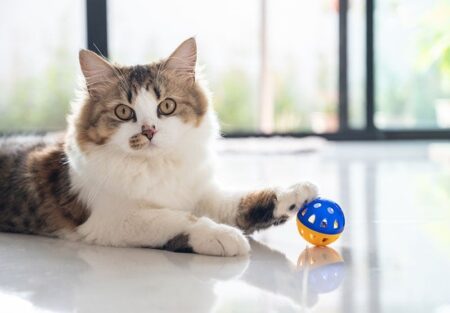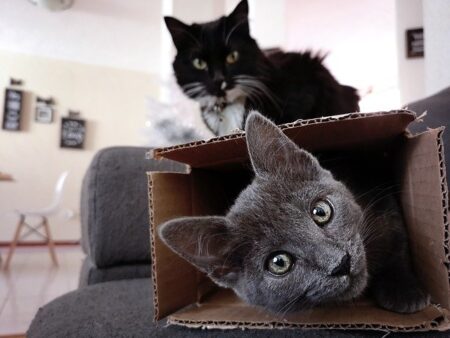“LADIES’ HORSE.” “PREFERS MALE RIDERS.”“HATES MEN WITH A PASSION!” These descriptions, all taken from actual Web advertisements or Web pages, are however a handful of the methods we people describe a phenomenon that could be known as gender bias in horses. The notion that some horses choose to be dealt with by males (or by ladies) is widespread amongst horse homeowners.
[READ: 3 Rules for Dealing With Quirky Horses]
However are such preferences actual, or imagined? If actual, the place do they arrive from? We turned to equine behaviorists and skilled trainers and nonpros to search out out. We requested in the event that they’d noticed this impact in their very own or others’ horses, and what would possibly trigger such tendencies. What we realized shed attention-grabbing mild on equine nature—and on our personal.
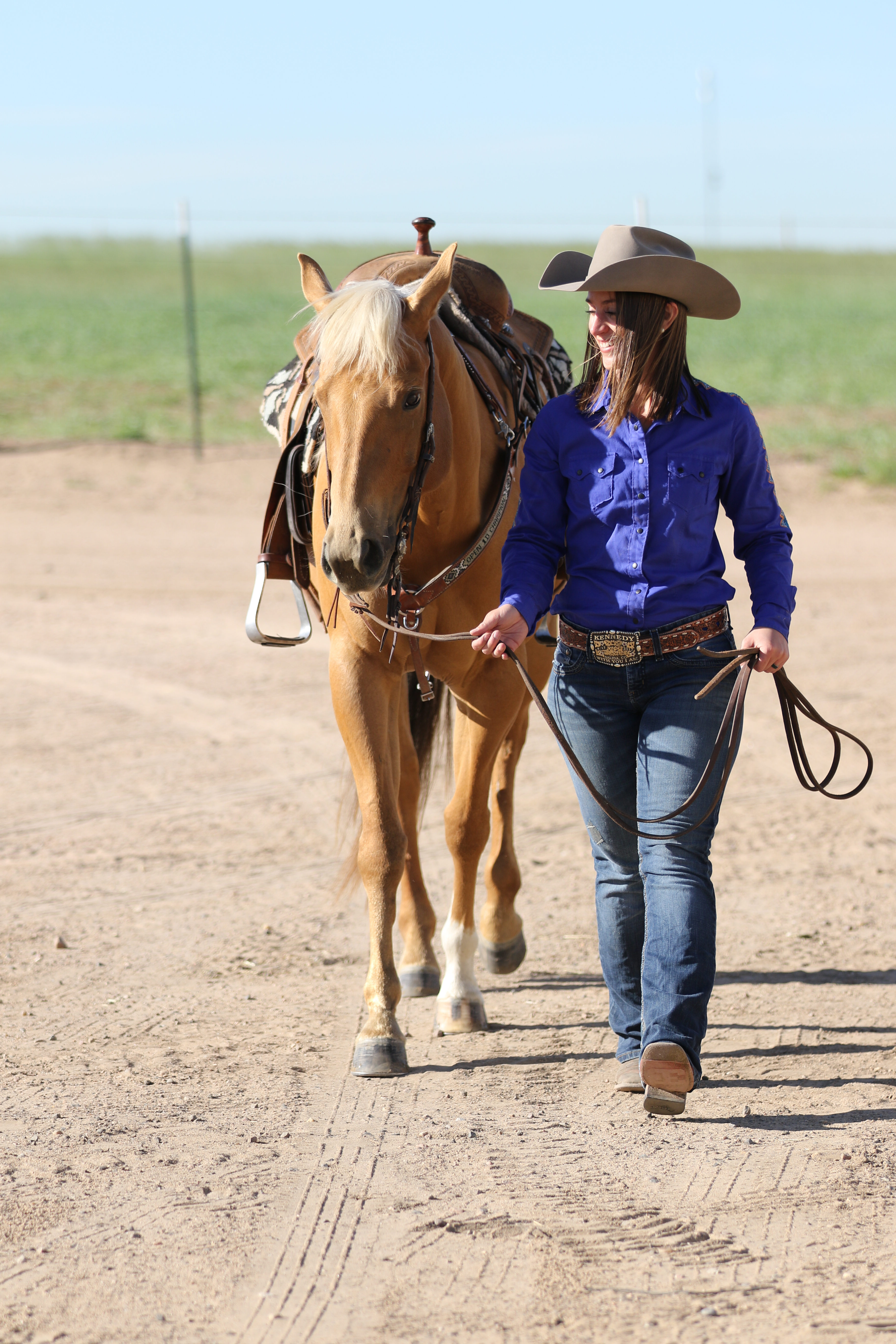
NURTURE AFFECTS NATURE.
One potential reason for a horse’s dislike for one gender or the opposite is a historical past of abuse or mistreatment by somebody of that gender, often within the horse’s early years. If the horse was mistreated by a person, for instance, then it might come to concern all males. However typically the damaging affiliation is to one thing apart from the particular person’s maleness or femaleness, despite the fact that we understand it that method.
[READ: Research Shows How Smart Your Horse Is]
“If the particular person or individuals who mishandled the horse all the time wore a cowboy hat, then the horse would possibly make the affiliation to the hat relatively than to gender, per se,” observes Katherine Houpt, VMD, PhD, of Cornell College’s Animal Habits Clinic. Then, too, it may be the particular person’s model of interplay {that a} horse is definitely responding to.
Sue McDonnell, PhD and head of the Equine Habits Lab on the College of Pennsylvania’s New Bolton Middle, says that in her work with stallions, ladies usually appear to do higher than males. “Normally the particular concern is stepping into or avoiding a battle with the stallion,” she says. “Many ladies seem like much less threatening to stallions, and fewer prone to attempt to muscle them round. Because of this, they’re much less prone to inadvertently provoke a battle.”
Lorna Neel of Millsap, Texas, believes “it’s your demeanor, not your intercourse, that counts.” A non-professional with 20 years’ expertise displaying Paints and Quarter Horses in slicing, reining, and dealing cow horse competitors, Lorna is the spouse of Tom Neel, a coach. “In the event you can generalize, plenty of males are usually extra aggressive, whereas ladies are usually extra in tune with emotions—extra intuitive,” she says. “We’ve had horses right here that supposedly don’t like males, but when Tom finds the precise method for every particular person horse, it’s not an issue.”
Staff H&R member Charlie Cole, who trains Quarter Horses at his Highpoint Efficiency Horses in Pilot Level,Texas, says an animal’s inborn persona has rather a lot to do with the equation. “Some horses are simply extra passive than others,” he notes. “Individuals go incorrect after they attempt to make a brand new horse match their model, relatively than determining what method will work finest with that specific horse. A extra passive horse will want a softer method—whether or not from a lady or a person.”
VIVE LA DIFFERENCE?
Ah, however these stereotypical variations between women and men do play a task, insists Robert M. Miller, DVM, coauthor of The Revolution in Horsemanship and What It Means to Mankind, (The Lyons Press, 2005). Miller first turned conscious of individuals’s notion of gender bias of their horses within the early years of his veterinary observe, within the Nineteen Seventies. “An proprietor would inform me, ‘He’s afraid of males,’”Miller recollects. “At first I used to be irritated, questioning why these horses simply weren’t higher educated. Then steadily I started to understand that as a result of, typically talking, a person’s stance, voice, and stroll are usually extra intimidating than these of a lady, a delicate horse goes to naturally be extra fearful round a person.”
Miller clarifies his idea by sharing the gist of a chapter he’s at present writing for We Don’t Whisper, a follow-up to his first ebook. “Horses don’t concern predators; they concern predatory habits. This explains why you’ll see zebras grazing nearby and scent of lions—resting lions, that’s. As quickly because the lions rise up and begin stalking, the zebras react instantly. “Horses are the identical,” he continues. “So as a result of a lot of what’s thought-about ‘masculine’ habits is usually extra assertive—a projecting voice, a decided gait—horses could understand males as extra predatory than ladies.”
[READ: Under-Saddle Equine Aggression]
FOLLOW THE LEADER
Added to all that is the coaching issue. Some consultants imagine coaching—or the dearth of it—is on the root of a lot of what’s perceived as gender bias. “So-called gender bias comes up rather a lot in my clinics, and I imagine it’s an excuse for poor or insufficient coaching,” says profitable clinician John Lyons.
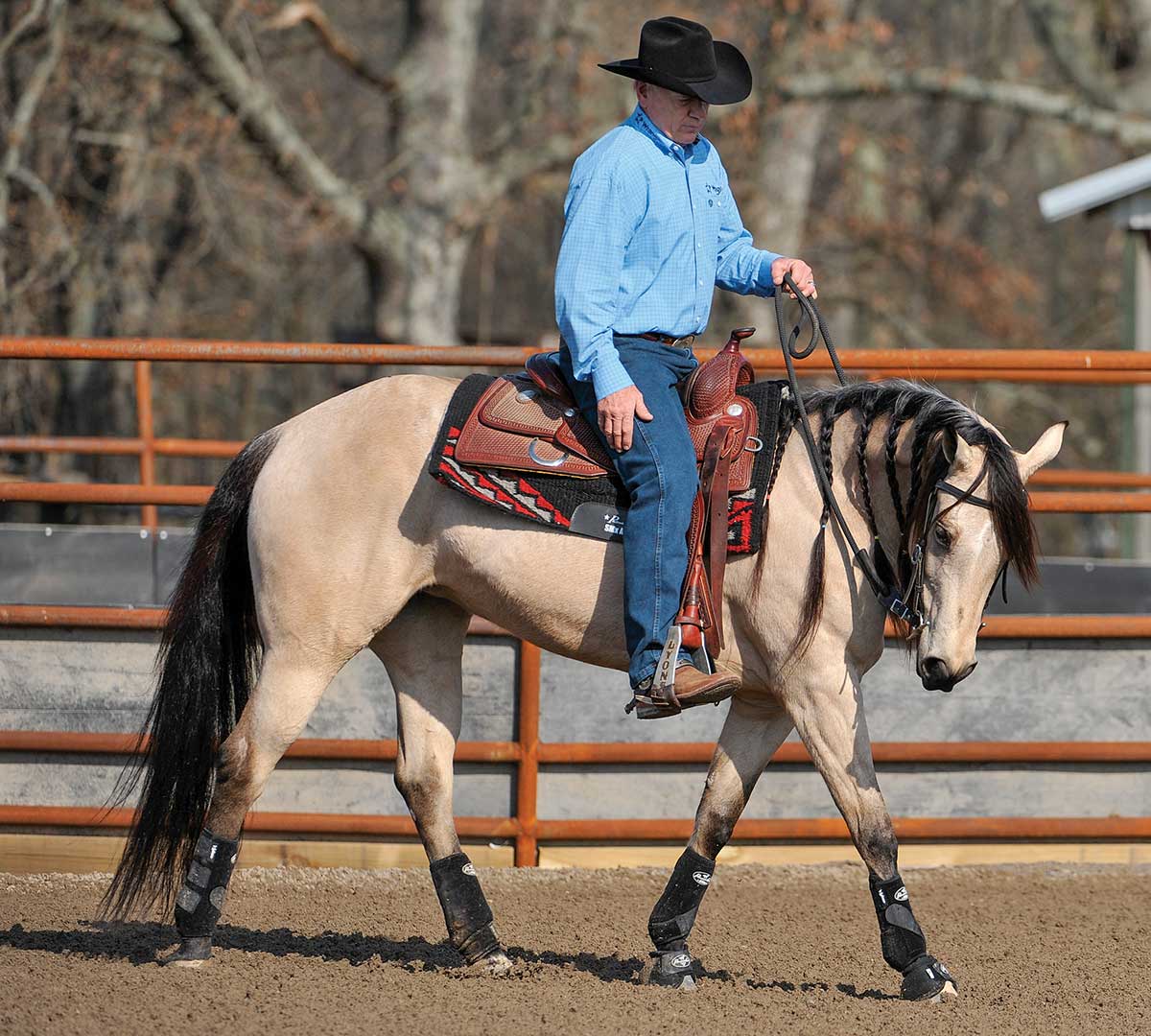
”Clinicians like me routinely see horses for the primary time and work them in entrance of audiences. If gender bias have been a major issue, you will be positive we’d be asking about it upfront. However so far as I do know, no clinician screens for gender bias— it’s simply not that essential. “Greater than as soon as,” he provides, “a horse that the proprietor stated was afraid of males will, by the point I’m performed working it, come to me extra readily than to his feminine proprietor.
Horses reside within the second. They’re extra tuned in to what this particular person, at this second, is doing, relatively than to what related individuals have performed previously. That’s why good clinicians could make a change in a horse in two and a half hours.” As for the horse that wants a person to be ridden or dealt with to finest impact, famous horsewoman Sheila Varian says, “Present me that horse!” The Arabian breeder and coach from Arroyo Grande, California, says that, in her opinion, except a horse has been abused, it’s unlikely it has a real gender bias.
“All a horse actually desires is an effective, trustworthy chief who provides clear directions,” says the horsewoman, who begins younger horses and handles stallions. “I imagine many horses present anger because of being put within the place of getting to be the chief themselves, they usually don’t like that. A horse is happier being educated to be a keen accomplice who will observe your lead—whether or not you’re male or feminine.”
[READ ABOUT: Horse Behavior]
THE ‘PROJECTION’ FACTOR
Then, too, individuals typically interpret a horse’s habits a sure method due to a pre-existing perception. They “challenge” a gender bias onto their horses. “I believe it’s extra in individuals’s heads than anything,” says Cole. And such beliefs can affect equine habits.

“There’ve been many cases the place I believed the notion of bias did contribute to the issues,” observes McDonnell.
Clearly, to know which issue or mixture of things is in impact for any given horse requires considerate evaluation of that animal’s historical past, coaching, and persona. After which, as with so many equine habits challenges, good primary coaching is one of the best treatment.
“We’ve had a couple of horses come from different barns that appeared slightly leery of males,” says Staff H&R member Robin Gollehon, who together with her husband trains Appaloosas and Quarter Horses in Trafalgar, Indiana. “However we didn’t change our primary program particularly for that. We all the time deal with horses as people, and search what works finest in every case. That appeared to resolve the issue for many of the so-called ‘biased’ horses.”
